How to Phase Out Fossil Fuels Without Sacrificing Electoral Popularity
A new study by UCL researchers shows how it's possible to phase out fossil fuels without sacrificing electoral popularity—even in coal mining regions.
Send us a link
A new study by UCL researchers shows how it's possible to phase out fossil fuels without sacrificing electoral popularity—even in coal mining regions.
Align commitments with the assumptions and criteria of the science based 1.5°C scenarios
The toolkit walks through six steps to achieve more effective and inclusive climate policymaking, based on learnings from citizen engagement and science research pilots worldwide.
The 2023 Global Sustainable Development report sets the stage for transformative action in achieving the Sustainable Development Goals by 2030. Can world leaders translate these insights into concrete actions?
How much do the views of scientists and experts count when it comes to securing public support for traffic restrictions?
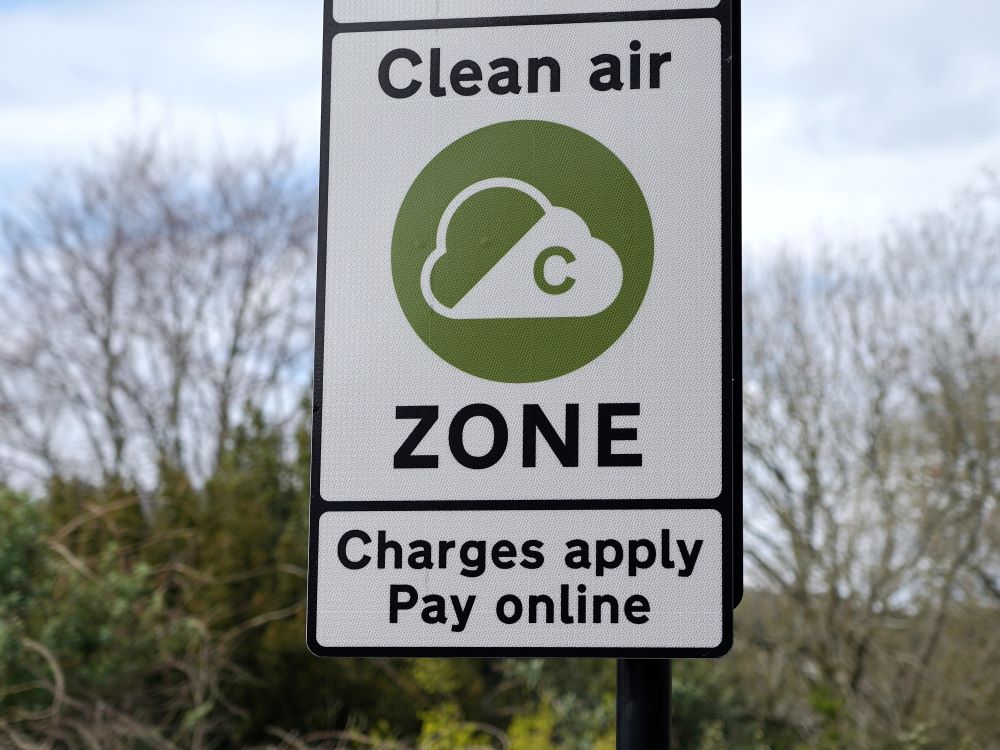
A UN report prepared by a group of independent experts calls for governments to tackle the climate and sustainable development crises together, to maximize the impact of policies and actions.
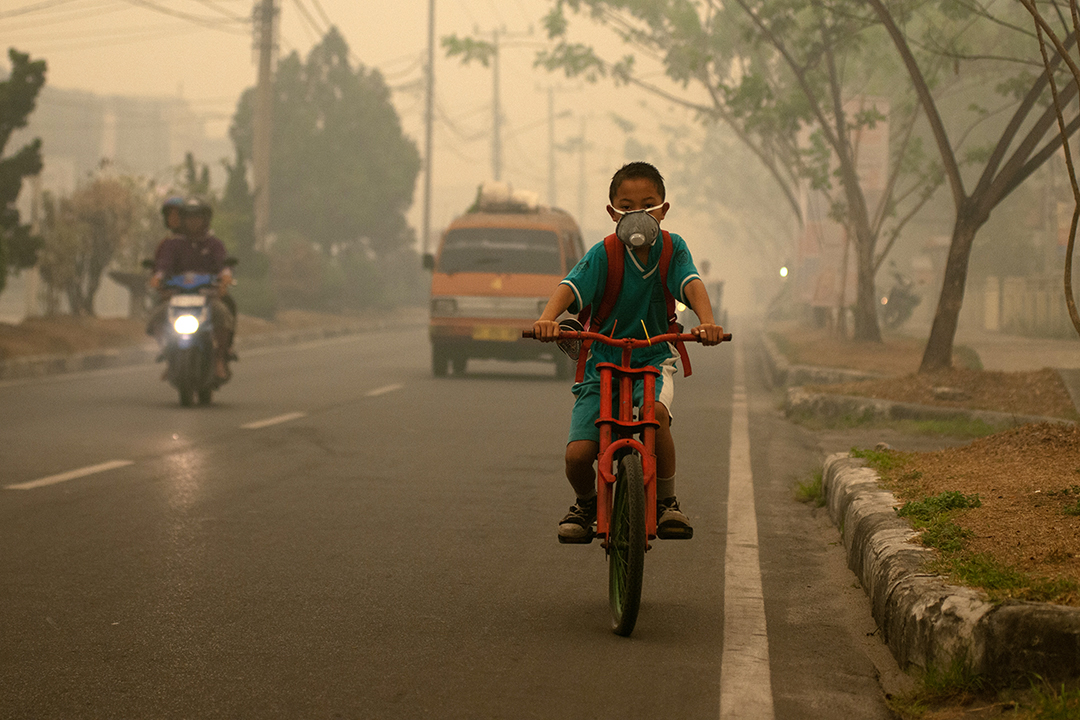
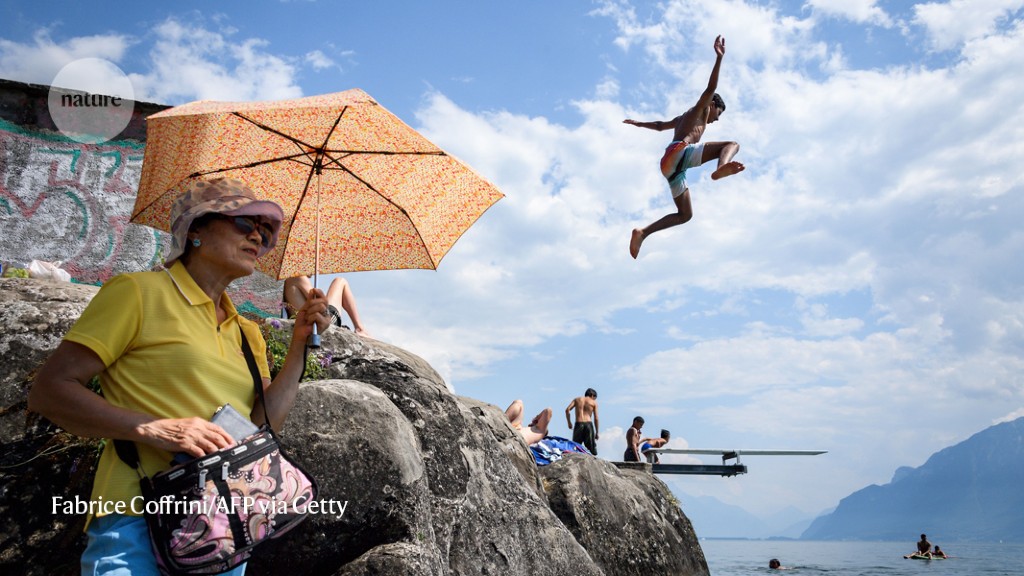

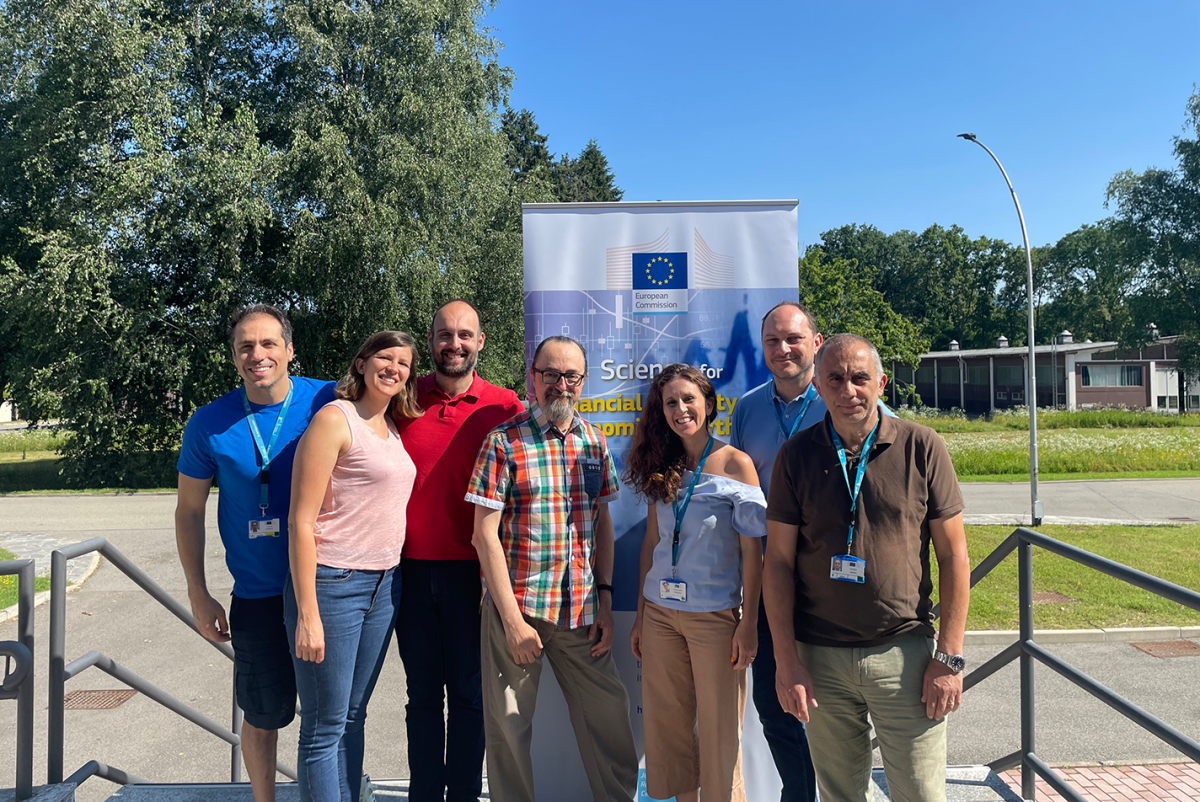
With each IPCC report, the science basis around climate change increases extensively in terms of scope, depth, and complexity. In converting this knowledge into societal climate action, research organisations face the challenge of reforming themselves.
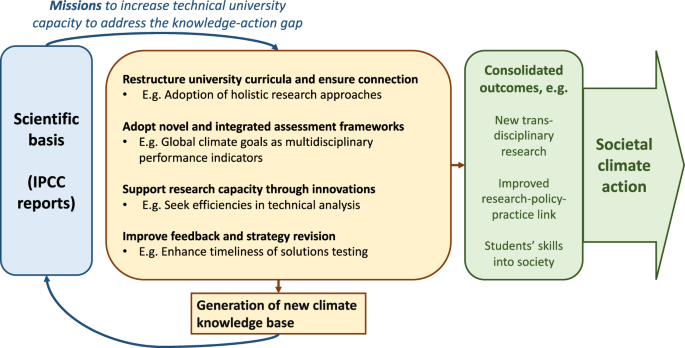
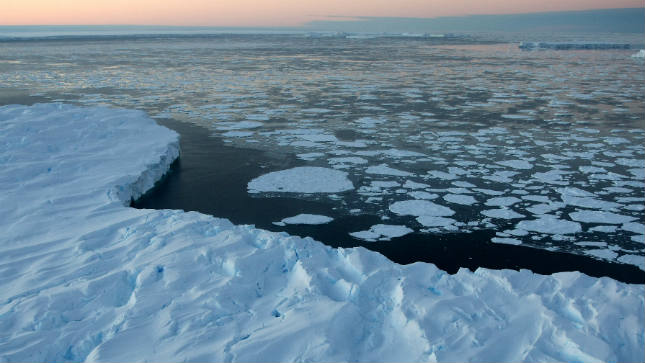
Are science and technology policies targeted at early-stage technologies what is needed for net-zero emissions?



An international panel of scientists has identified 100 of the most important questions facing plant science.

Many have sought to copy the IPCC. A new book explains why the panel's all-encompassing scientific assessments are hard to replicate.
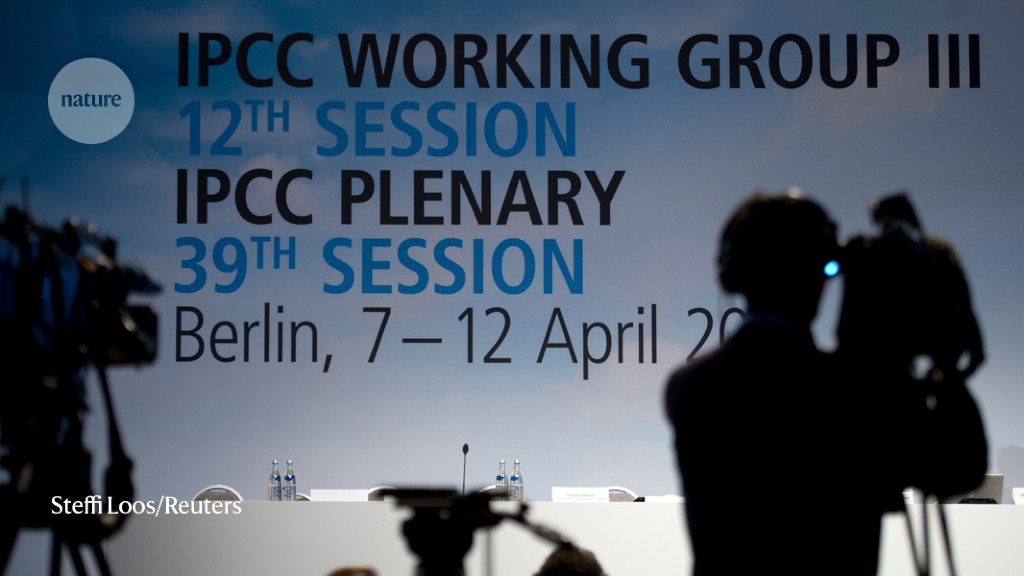
Climate change adaptation is increasingly being addressed by public, private, and hybrid governance institutions across global, regional, national, sub-national, and local scales.
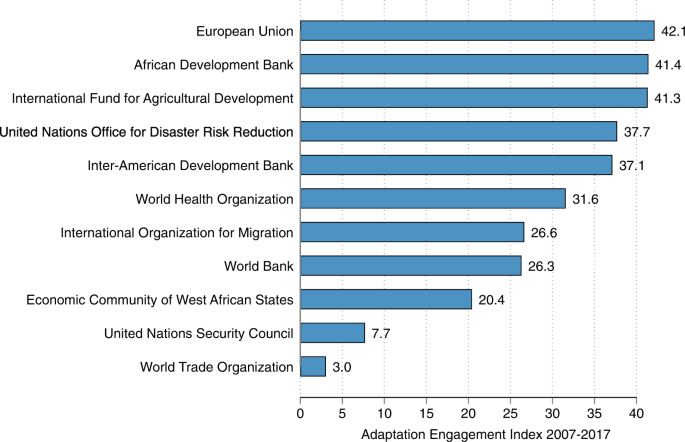
Universities must change so that the scientific enterprise can respond to the climate crisis.
Stronger research into policy innovation and behavioural change, new technologies to increase resource efficiency, and nature-positive food production innovation - these are three asks of European scientists by Sweden's climate minister Romina Pourmokhtari.
Surpassing 1.5 degrees of warming was never going to be the end of the world.
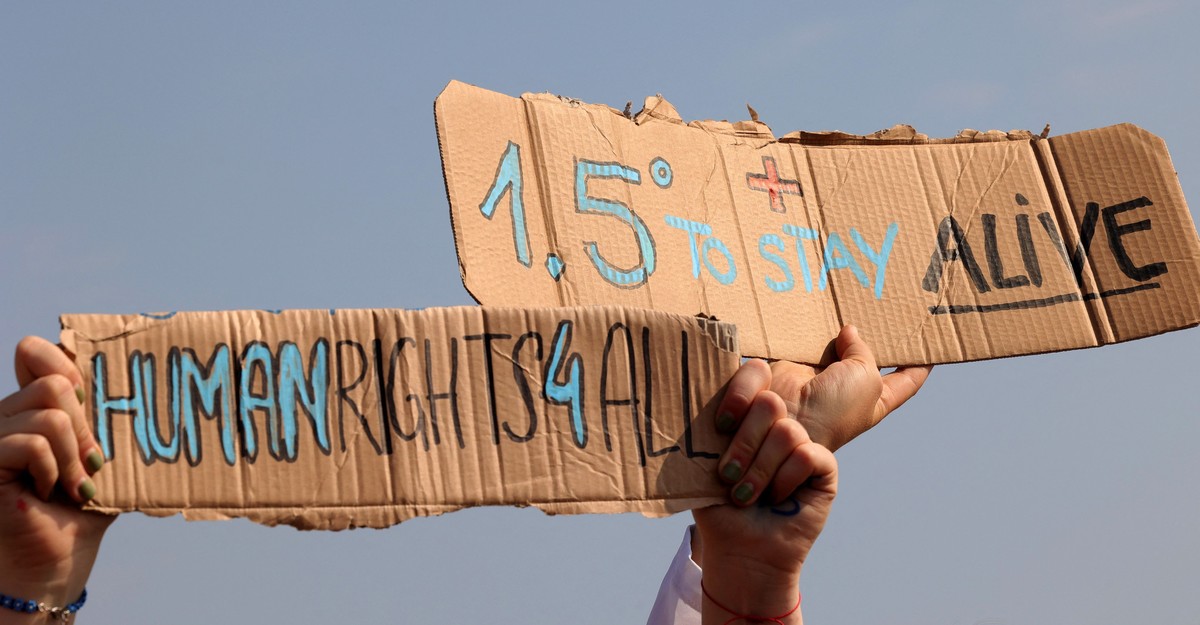
In 2022, we saw climate change wreak havoc on the world, and as a result 2023 will be defined by a Pandora's box of climate technologies
